Top Class Actions’s website and social media posts use affiliate links. If you make a purchase using such links, we may receive a commission, but it will not result in any additional charges to you. Please review our Affiliate Link Disclosure for more information.
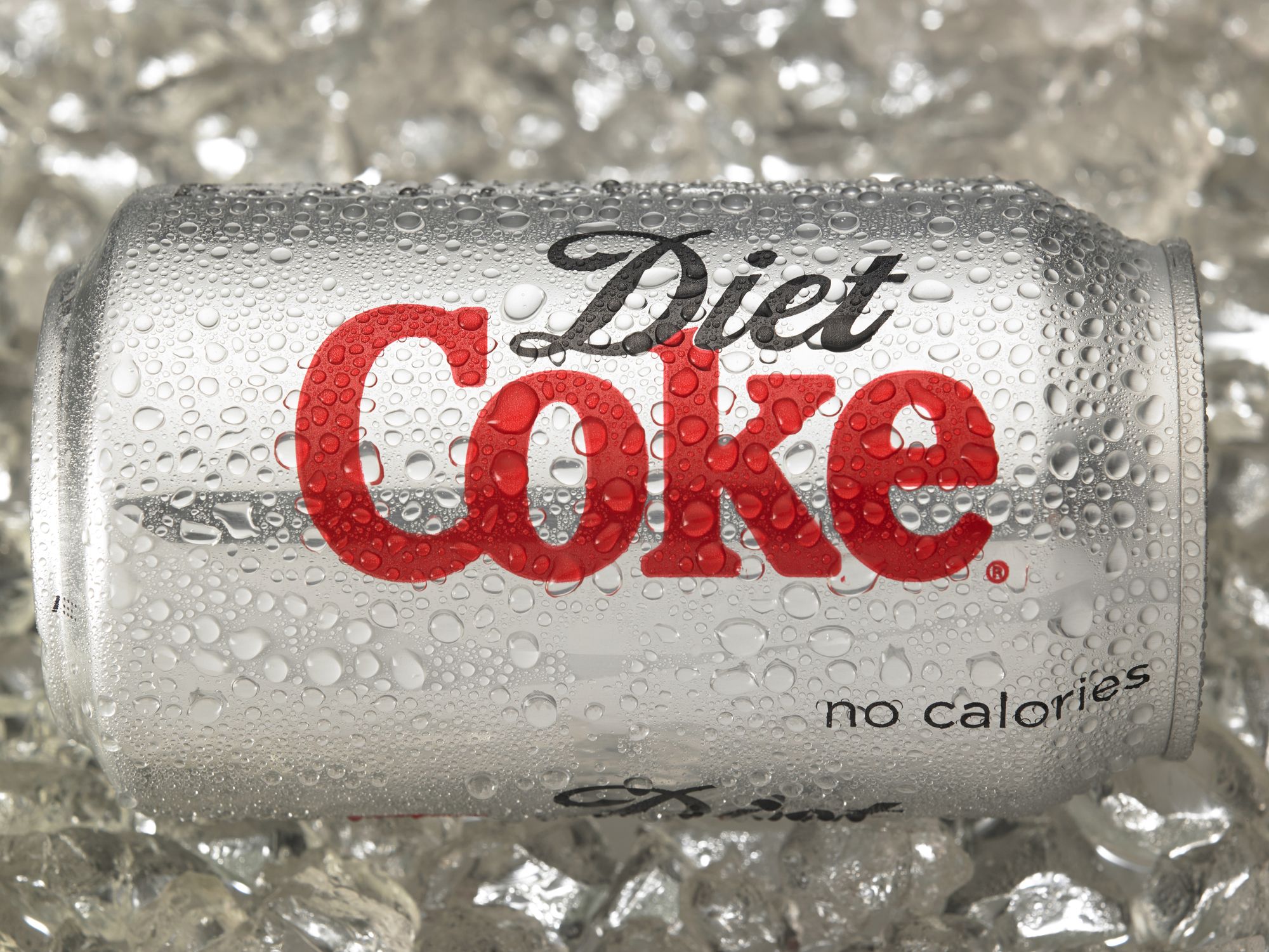
Plaintiffs Evan Geffner and Ivan Babsin say the aspartame used to sweeten Diet Coke actually promotes weight gain. By interfering with the body’s metabolism, the aspartame in Diet Coke can also increase the risk of metabolic disease, diabetes, and cardiovascular disease, the plaintiffs claim.
For those reasons, they accuse defendant The Coca-Cola Company of falsely advertising Diet Coke.
“Because of the product’s use of the term ‘diet,’ and its lack of calories, consumers reasonably believe that drinking Diet Coke will assist in weight loss or management,” according to this Coca-Cola class action lawsuit.
Geffner and Babsin cite several studies that show the aspartame used to sweeten Diet Coke may actually contribute to weight gain, even though it contains no calories.
One study published in July 2017 found that artificial sweeteners are associated with obesity, high blood pressure, type-2 diabetes, and heart health problems. At the same time, study results showed no link between artificial sweeteners and any significant weight loss.
Several other recent studies show significant correlations between obesity and consumption of artificially-sweetened drinks like Diet Coke, according to this Diet Coke class action lawsuit. One study found that persons who consumed 21 artificially-sweetened beverages per week were at almost double the risk of obesity or excess weight as those who consumed none.
Sweetness is naturally associated with higher-calorie, higher-energy foods. Researchers believe that by providing sweet taste without calories, artificial sweeteners like aspartame confuse the body’s metabolic system. The body responds by storing more calories, which results in weight gain.
In light of the available scientific evidence, Geffner and Babsin say it’s unlawfully false and misleading to market Diet Coke as “diet.”
The Coca-Cola Company knows or should be aware of that research, the plaintiffs claim. Yet the company continues to market Diet Coke as a “diet” drink, since that representation is a major driver of Diet Coke sales.
Furthermore, the plaintiffs accuse the company of withholding material information from consumers by failing to disclose the increased risk of weight gain and chronic disease associated with artificial sweeteners.
Pepsi and Dr. Pepper Snapple Group are facing similar claims in two other artificial sweetener class action lawsuits. All three actions were filed in New York federal court on Oct. 16 and are being brought by the same group of law firms.
Geffner and Babsin are proposing to represent a Class of all persons in New York who purchased Diet Coke in cans or bottles for their own personal or household use.
They seek a court injunction barring The Coca-Cola Company from marketing Diet Coke as “diet” as long as it contains a non-nutritive artificial sweetener, and an order requiring the company to conduct a corrective advertising campaign. They also seek an award of damages, restitution, court costs and attorney fees, all with pre- and post-judgment interest.
The plaintiffs are represented by attorneys Derek T. Smith and Abraham Z. Melamed of Derek Smith Law Group PLLC, Jack Fitzgerald, Trevor M. Flynn and Melanie Persinger of The Law Office of Jack Fitzgerald PC, and Andrew Sacks and John Weston of Sacks Weston Diamond LLC.
The Diet Coke False Advertising Class Action Lawsuit is Geffner and Babsin v. The Coca-Cola Company, Case No. 1:17-cv-07952, in the U.S. District Court for the Southern District of New York.
UPDATE: On March 26, 2018, Coca-Cola asked a New York federal court to toss a class action lawsuit alleging the company’s use of the name “Diet Coke” is misleading.
ATTORNEY ADVERTISING
Top Class Actions is a Proud Member of the American Bar Association
LEGAL INFORMATION IS NOT LEGAL ADVICE
Top Class Actions Legal Statement
©2008 – 2024 Top Class Actions® LLC
Various Trademarks held by their respective owners
This website is not intended for viewing or usage by European Union citizens.



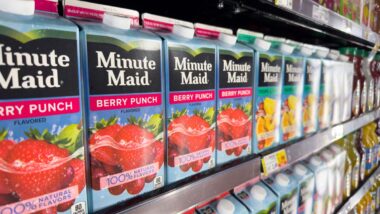
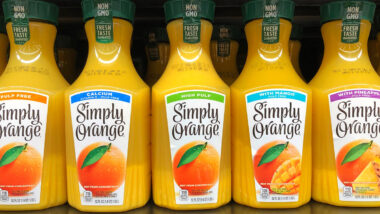
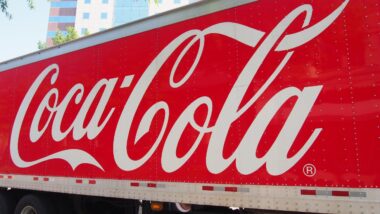
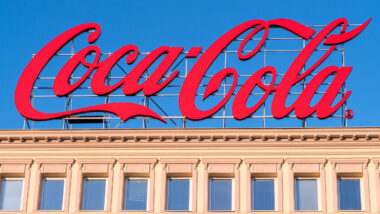


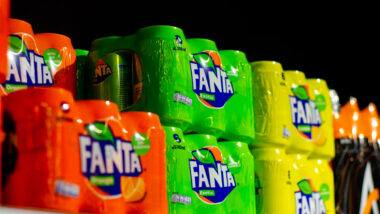
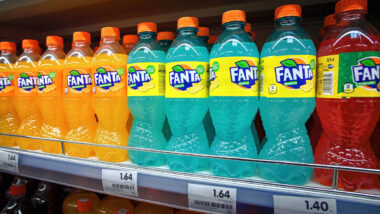
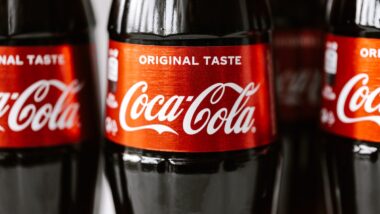
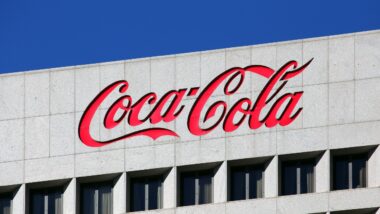

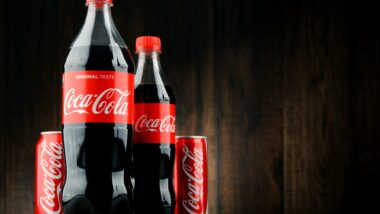
1,056 thoughts onCoca-Cola Class Action Claims Diet Coke Actually Promotes Weight Gain
Please add me
We have drank this cola for years and years all the time. Please add me to the list.
Please add me, I’ve drank Diet Coke for years.
I glad I found this I going to stop purchasing the diet cola.
Please add me I Loved it My God
Please add me to the lawsuit
I drink diet coke Dailey addicted
I got addicted to drinking 3 and 4 cans a day ending with diabetes type 2 please add me.
Add me
Coke is good for stains. Coke is misleading. My son is diabetic and he drinks zero all day. I told him to drink regular instead of diet. The word “diet” is a scam.